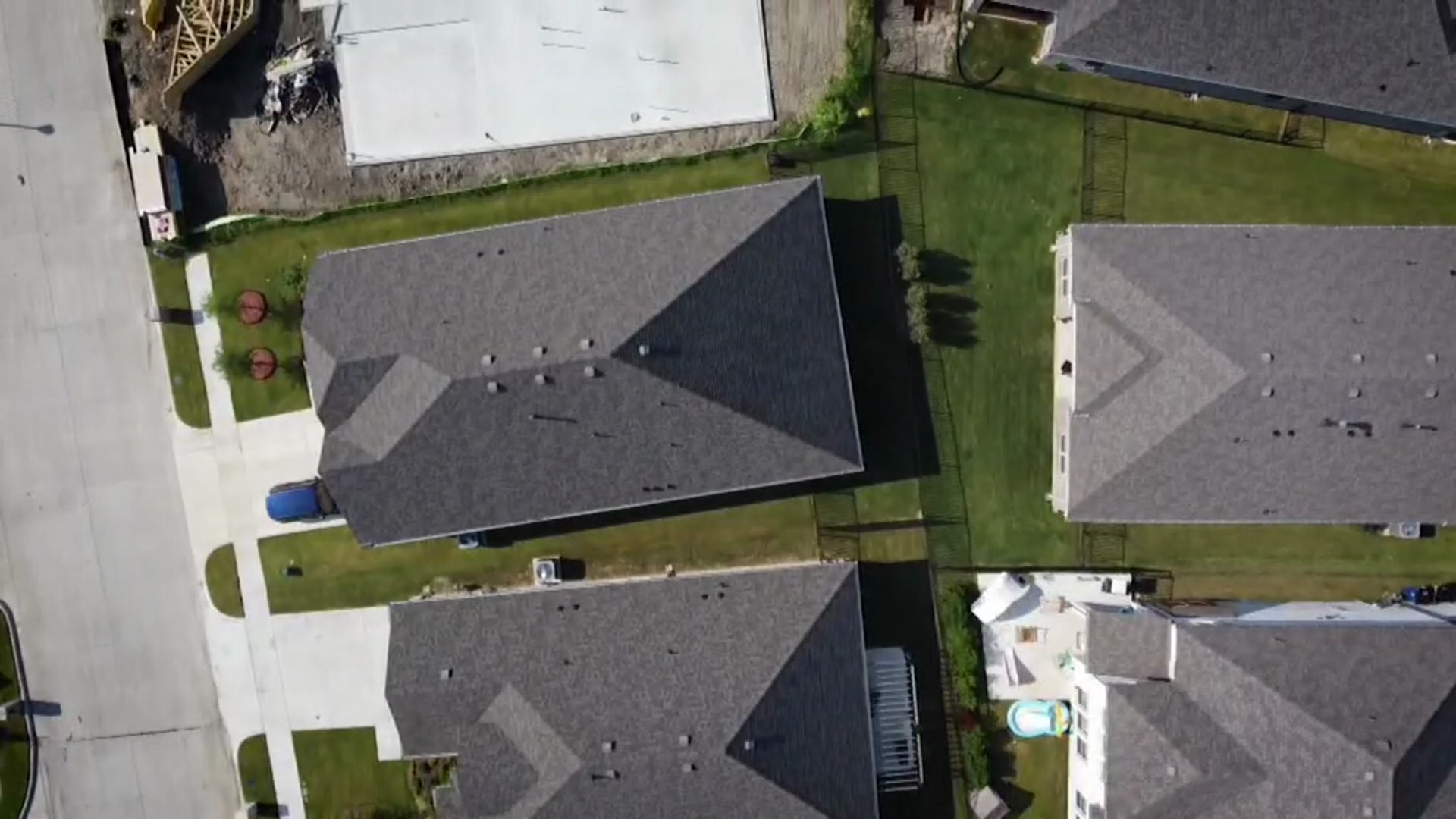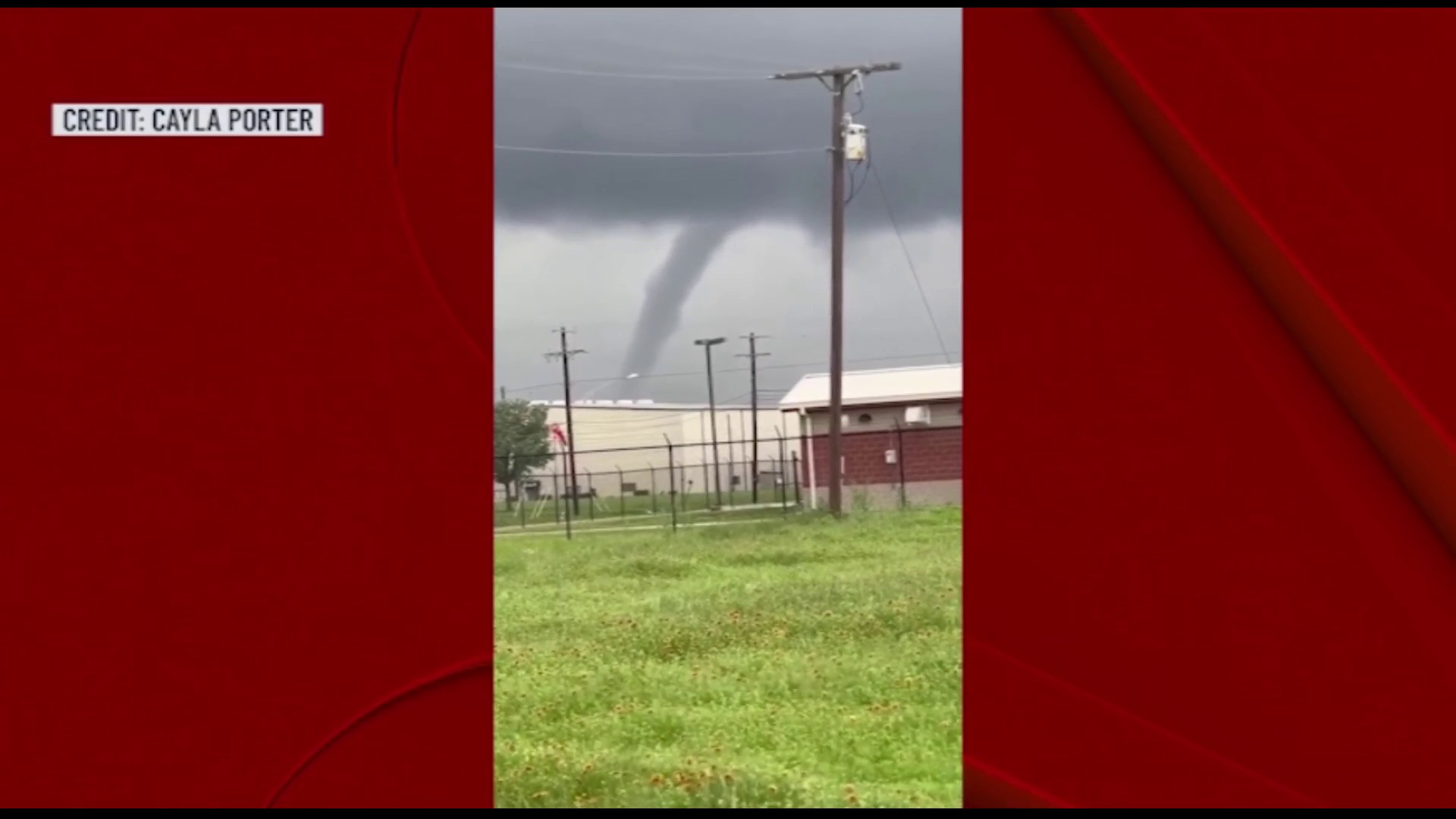College students returning to campuses is a big concern for a local telehealth company that partners with universities.
"I've encountered students in various situations that have struggled with that move back. What does their community look like once they move back on campus? It can be a daunting task," said Seli Fakorzi, the director of mental health operations for TimelyMD.
TimelyMD is a Fort Worth-based telehealth company that provides virtual mental and medical health care exclusively to college students. It partners with Paul Quinn College in Dallas and Collin College in McKinney as Duke, Emory, Georgetown and Notre Dame nationally.
Fakorzi is hearing from students who are feeling confused and uncertain as COVID-19 cases increase and colleges update mask and vaccination policies. She worries about isolation.
Get DFW local news, weather forecasts and entertainment stories to your inbox. Sign up for NBC DFW newsletters.
"Pay attention to isolation. When is the last time you hung out with someone? Went out to eat or did anything? Just go to a library with someone else. Think about the last time you did that. Also think about the last phone call, text message. How many people in a day are you contacting? Having a conversation with? If that's seriously decreasing and you don't have a desire to see anyone or go anywhere or do anything, those are things you should pay attention to," she advised.
"Eating, sleeping and your level of contact are good things to pay attention to. If there's issues in one of those three, it's time to evaluate what are we doing and what do I need to do different to feel better."
While TimelyMD gives students 24/7 access to providers specializing in student care, Fakoizi encourages students to cultivate a community.
Local
The latest news from around North Texas.
"What are those other relationships you can build with leadership or faculty or staff or even other students leaders that give you a community, intentionally? So, if anything does go wrong or you need someone to talk to or you just need someone to bounce some ideas off of, to have that human contact is really what our students crave," Fakorzi said.
Reaching out and making contacts is Fakozi's top coping skill and she also suggests:
- Take time to meditate and reflect
- Relax with music or a walk
- Eat well
- Drink water
And, Fakorzi adds this, "Everyone who knows a student should reach out and give a little extra support." She says it doesn't take a lot - a text message, a phone call - "to make someone feel like they're important and put them at ease."



